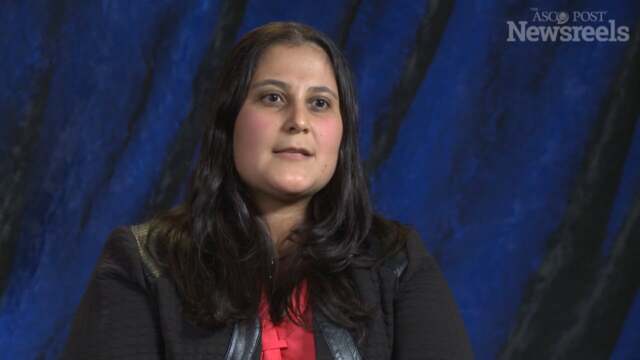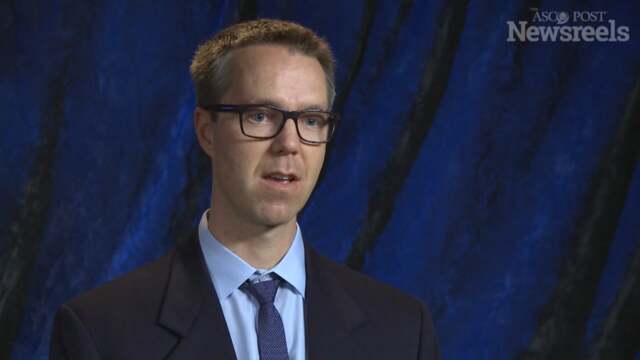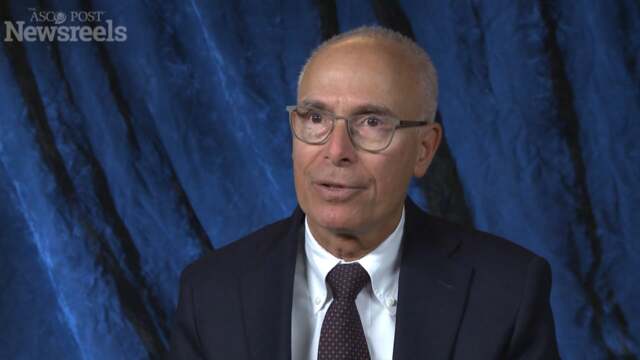James F. Cleary, MD, on Global Access to Opioids
2016 Palliative Care in Oncology Symposium
James F. Cleary, MD, of the University of Wisconsin Carbone Cancer Center, talks about the many reasons that 80% of the world’s population lacks access to opioids, the mainstay of cancer pain management.
Areej El-Jawahri, MD, of Massachusetts General Hospital, discusses ways in which palliative care can reduce symptoms, improve quality of life, reduce depression and anxiety, and potentially optimize end-of-life care for patients with hematologic malignancies.
Eric Roeland, MD, of the University of California, San Diego, discusses the key papers presented at this year’s Palliative Care in Oncology Symposium.
Eduardo Bruera, MD, of The University of Texas MD Anderson Cancer Center, discusses the need for outpatient palliative care programs to monitor and support these complex patients and their family members.
Scott A. Irwin, MD, PhD, of Cedars-Sinai’s Samuel Oschin Comprehensive Cancer Institute, discusses delirium—its definition, prevalence, consequences, assessment, and management.
Stephen T. Sonis, DMD, DMSc, of Dana-Farber Cancer Institute, discusses the epidemiology, pathogenesis, and scope of oral complications of radiation therapy.





